List of Courses Offered at UDSM School of Law (SoL)
The University of Dar-es-Salaam School of Law (then Faculty of Law – herein referred to the School) is the oldest law training institution in East Africa. It was established on Wednesday, 25th October 1961, three months before independence, to cater for the new emerging independent states of East Africa, comprising of Kenya, Uganda, Tanganyika and Zanzibar.
1. Certificate in Law (CTL)
Certificate in Law program runs for one year. It aims to equip students with elementary principles of law. The program, therefore, prepares students for further legal studies or gives basic legal knowledge to those already working in other fields
Entry Requirements and the Admission Process
All candidates aspiring to join the programme must apply through the School of Law for admission. No centre is allowed to register a candidate without the admission letter issued to the candidate by the University of Dar es Salaam.
A candidate, before being admitted to the course, must have obtained the School Leaving Certificate at Ordinary Secondary Education at Division Three level and above.
A candidate who does not have such a certificate may be admitted in exceptional circumstances on the recommendation of the Dean.
Duration
The duration of study shall be for a maximum period of 2 semesters of full-time attendance.
2. Bachelor of Laws (LLB)
Bachelor of Laws program runs for four years. It introduces students to principles of laws in Tanzania and equips them with skills necessary to master the legal profession.
The School of Law has nearly 60 years of experience in providing Bachelor of Laws in Tanzania. We are proud to have a vast network of alumni working in different public and private offices; within and outside Tanzania.
The details of admission requirements, the conduct of examination, examination results and publication of grades are found in the prospectus.
3. Bachelor of Arts in Law Enforcement (BALE)
Bachelor of Arts in Law Enforcement is a new program introduced in 2009. It runs for three years. It intends to equip law enforcers, or those aspiring to be, with necessary skills for swiftly discharging of their responsibilities.
This course is ideal for, but not limited to those working or aspirant to work with security organs such as Police Force, Immigration Department, Fire and Rescue Department, Military, Drugs Enforcement Agencies, and Anti-corruption agencies.
It is also ideal for those working with revenue authorities, customs offices, and private security firms.
The details of admission requirements, the conduct of examination, examination results and publication of grades are found in the prospectus
4. Postgraduate Diploma in Law
This program offers our students a specialised postgraduate education. Students are free to choose courses that best suit their career and personal needs.
The program is ideal for law graduates who would want to sharpen their legal skills further in a shorter period. It runs for twelve months.
5. Master of Arts in Revenue Law and Administration (MARLA)
Uniquely interdisciplinary, this course aims to produce a cadre of leaders equipped with refined, specialised professional knowledge that would enable them re-position their respective organisations to meet the demands of today’s dynamic global economy.
Specifically, it focuses on equipping candidates with advanced knowledge in revenue law and administration.
General Objectives
The programme aims at equipping students with advanced knowledge in revenue law and administration.
Specific Objectives
- Acquainting candidates with knowledge, skills, attitudes and capabilities on taxation, customs policies and practices.
- Enabling candidates to make a substantive and more effective contribution to tax or customs administration.
- Enabling candidates to take an active part in tax or customs reforms.
- Enabling candidates to plan and implement more effective taxation or customs policies and strategies.
- Enabling candidates to perform new tasks relating to taxation or customs in a globalised economy.
Compulsory courses for those majoring in taxation
- Tax Policy and Theory
- Laws on Tax Administration
- International Taxation
- Advanced Taxation
- Revenue Forecasting & Fiscal Analysis 1
- Research Methods
- Graduate Essay
Elective courses
- Income Tax Law
- Indirect Taxes
- Capital Gains and Taxes on Property
- Tax Crimes: Investigations & Prosecutions
- Local Government Taxation
- Tax Compliance and Risk Management
6. Master of Laws in Corporate and Commercial Law
This course provides in-depth training on the foundations of the contemporary legal principles that govern business and corporate transactions.
Compulsory courses
- Advanced Corporate Law
- Graduate Research Seminar
- Advanced Banking Law
- Economic and Cyber Crime Law
- Graduate Essay
Elective courses
- Specialized Commercial Entities
- The Law and Financial Markets
- Insurance Law and Technological Developments
- Competition Law
- Advanced Transactional Law
7. Master of Laws in Taxation
This course aims to train students on the principles and the law on income taxation.
Compulsory courses
- Income Tax Law
- Taxes on International Trade
- Laws on Tax Administration
- International Taxation
- Indirect Taxes
- Graduate Essay
Elective courses
- Capital Gains and Taxes on Property
- Tax Crimes: Investigations and Prosecution
- Local Government Taxation
- Advanced Taxation
- Law of Trusts
- International Trade and Finance Law
8. Master of Laws in Migration and Refugee Law
This course aims at exposing students to national regulation of international migration using the Immigration Act and the Refugees Act of Tanzania as a framework of analysis.
Compulsory courses
- Citizenship Law
- Immigration Law
- Labour Migration Law
- Refugee Law
- Graduate Research Seminar
- Graduate Essay
9. Master of Laws in Procedural Law and International Legal Practice
This program provides trainees with both advanced and specialised knowledge of rules of practice and procedure in domestic courts, international arbitral tribunals, as well as regional and international judicial bodies.
Compulsory courses
- Advanced Civil Procedure
- Advanced Criminal Procedure
- Procedure and Practice in International Judicial Bodies
- International Arbitration Law
- Graduate Research Seminar
- Graduate Essay
10. Doctor of Philosophy (PhD) Degree
The School offers PhD by thesis. Applicants must have a good Master’s of Law degree from the University of Dar es Salaam or any other recognised University by TCU. PhD takes a minimum duration of 36 months (three years). Application into PhD in law is centrally made at the University level through the Directorate of postgraduate studies. (See http://postgraduate.udsm.ac.tz)
Checklist for PhD Applicants
- A well-written research proposal with a clear indication of the statement of a legal problem to be investigated, research questions or hypothesis, statement of objectives, proposed methodology and literature review.
- Plagiarism receives no tolerance at the School. An applicant must ensure originality of his or her proposal.
- The Tanzania Commission must translate certificates obtained from foreign universities for University.
11. Specialized Postgraduate Diploma in Law (SPGDL)
SPDGL provides specialised training in specific fields of law to holders of degrees other than Bachelor of Laws degree. The Primary objective of the SPGDL is to familiarise the student with the essentials of the law pertinent to one’s area of professional work and responsibilities. The course runs for 12 months.
12. Master of Laws: Coursework and Dissertation
The Master of Laws (LL.M Coursework and Dissertation) is a specialised advanced degree course designed to impart advanced knowledge of the chosen subjects and topics through intensive research and a firm theoretical grounding. This program gives a student greater flexibility in managing his or her studies.
Most of the studying time is expected to be used in intensive field research. A prospective candidate must hold an LL. B degree from the University of Dar es Salaam or an accredited University or has satisfied the requirements for the award of such degree PROVIDED the said LL. B Degree shall be of GPA of 3.0 or above.
For More Info Kindly Visit Official UDSM website


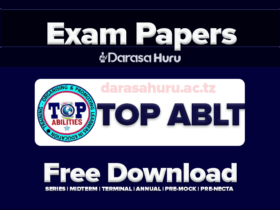


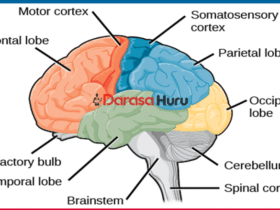
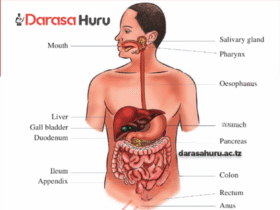



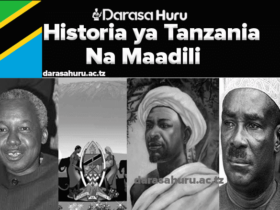
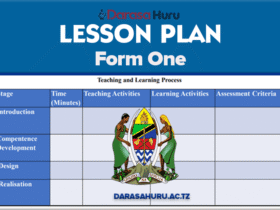

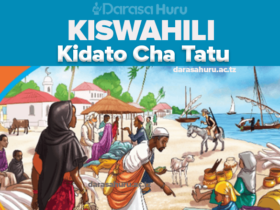



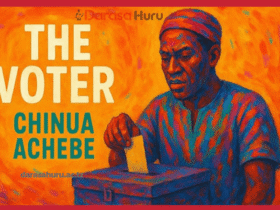

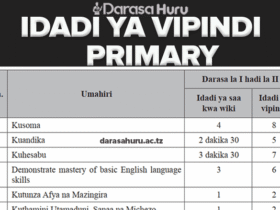
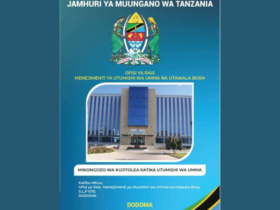
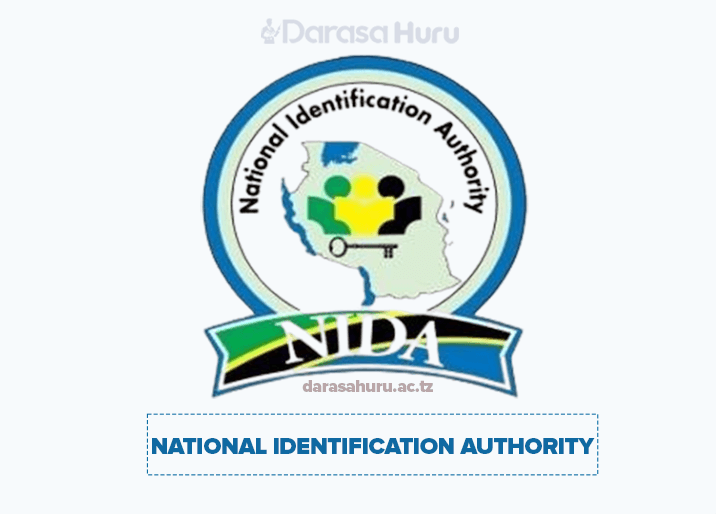

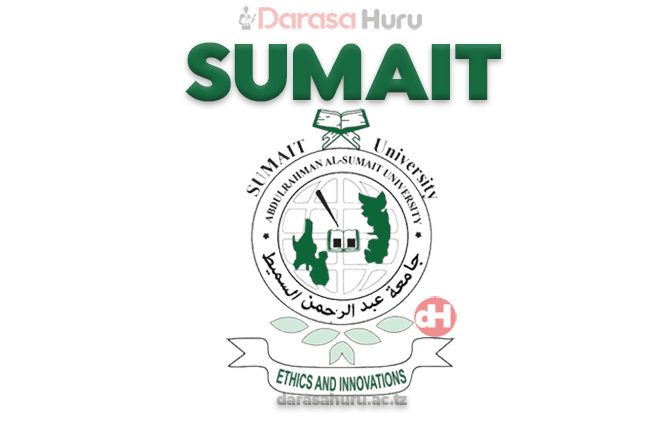



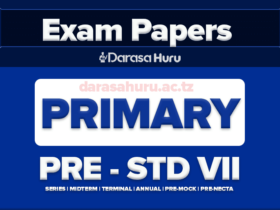

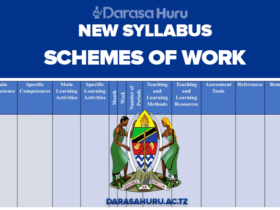






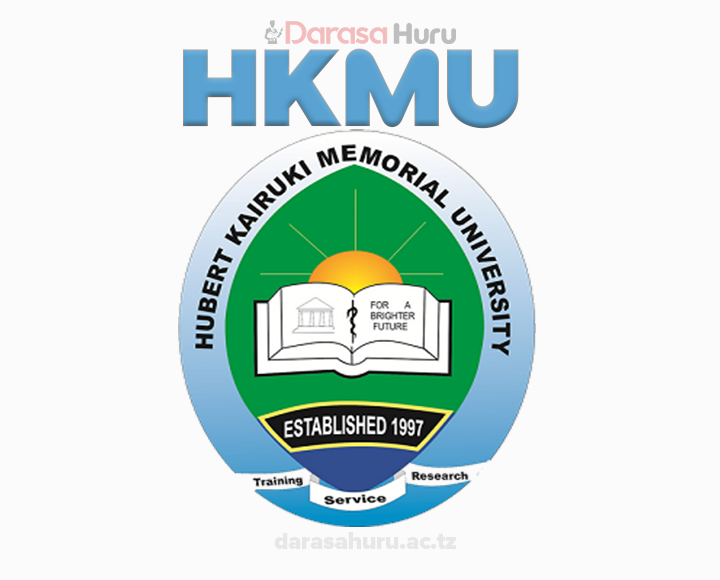
Leave a Reply